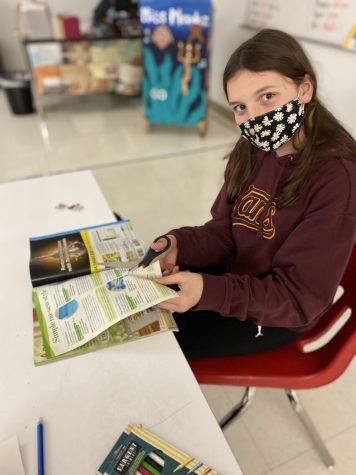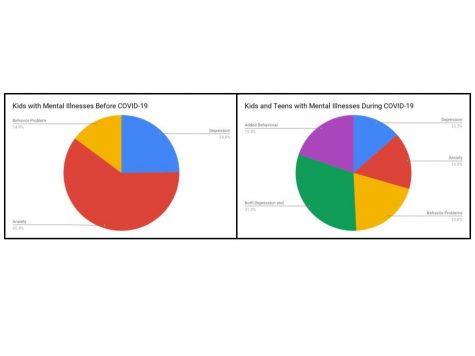How Does the Vaccine Work?
The first person to ever receive a Covid-19 vaccine was 90-year-old woman in the U.K. The U.K. has a very promising vaccine. The vaccine is being developed and tested to stop the spreading of the Covid-19 virus. When the vaccine is approved to work against the virus. The cases will decrease and the world can return to somewhat normal. By the virus having no chance with the antibodies in our bodies.
“It’s the best early birthday present I could wish for because it means I can finally look forward to spending time with my family and friends in the new year after being on my own for most of the year,” said Margaret Keenan.
The 90-year-old woman is a grandmother of 4 and made history Tuesday after getting a potentially lifesaving birthday present. But the vaccine also has some potential risks for people with allergic reactions.
“People with a “significant history of allergic reactions” should not be given the Pfizer/BioNTech coronavirus vaccine,” UK health authorities said Wednesday, after two health care workers experienced symptoms after receiving a shot the day before.
The death from an allergic reaction is not rare but not the most popular with 150 deaths a year. They advised anyone with a history of a significant allergic reaction due to receive the Pfizer/BioNTech vaccine to speak to the health care professional administering the vaccine.
Documents released on Tuesday by the US Food and Drug Administration (FDA) said, “The Pfizer/BioNTech trial data indicated that there were potentially slightly more adverse responses thought to be allergic reactions among the vaccine group compared with the placebo group, at 0.63% compared with 0.51%.”
The Pfitzner trial protocol shows that people with a history of severe allergic reaction (e.g., anaphylaxis) ‘to any component of the study intervention’ were not able to take part. But the question most of you ask yourself is ‘Will de Covid-19 vaccine actually be effective and help us stop the pandemic?’
“I sure do hope that the vaccine will be effectful, do I know it? – no, it usually takes 5-10 years to develop a vaccine. But we still know so little about the virus and I’m sure in the progress of getting people vaccinated, there will be adjustments,” said Nina Webster.
The Pfizer/BioNTech Covid-19 vaccine has not been proven to work yet in the clinical trial (the trail that decides if the vaccine is usable) it has already reached the third stage of the trial.
“Covid-19 vaccination will help protect you from getting Covid-19. You may have some side effects, which are normal signs that your body is building protection. These side effects may affect your ability to do daily activities, but they should go away in a few days,” said by the CDC (Center for Disease Control and Prevention).
The vaccine has some side effects like fever, tiredness, etc. This vaccine is not alive but you will probably still have side effects from the vaccine. The vaccine will not have you test positive on a COVID-19 test.
“However, the goal for each of them is to teach our immune systems how to recognize and fight the virus that causes Covid-19. Sometimes this process can cause symptoms, such as fever. These symptoms are normal and are a sign that the body is building immunity,” said by the CDC.
The immune system needs a little time to teach your organism to fight the Covid-19 virus. So, if you pick up Covid-19 1 day after receiving the vaccine you will still get sick because the vaccine hasn’t taught your body to fight it yet.
“It typically takes a few weeks for the body to build immunity after vaccination. That means it’s possible a person could be infected with the virus that causes Covid-19 just before or just after vaccination and get sick. This is because the vaccine has not had enough time to provide protection,” stated by the members of the CDC.



